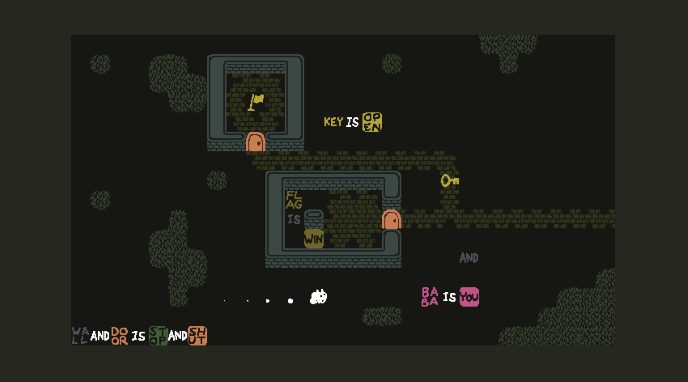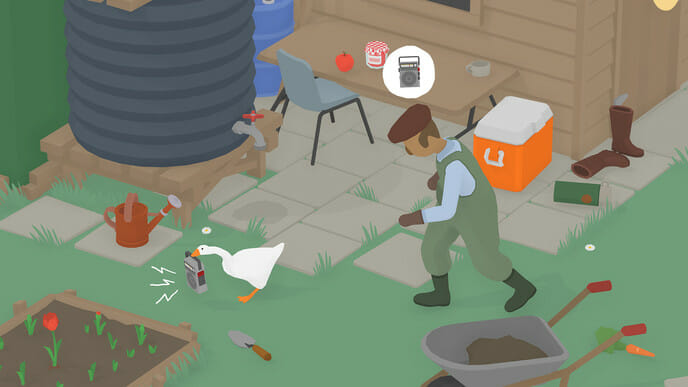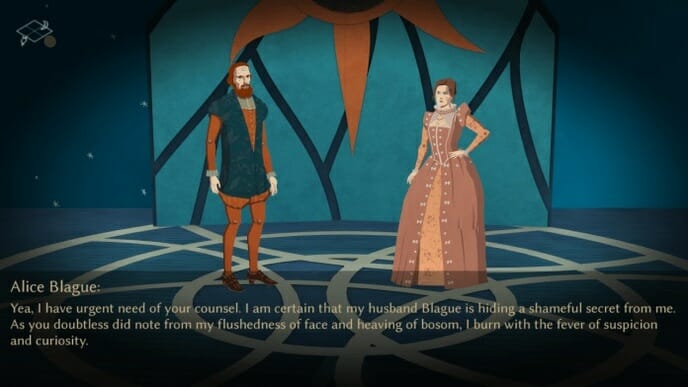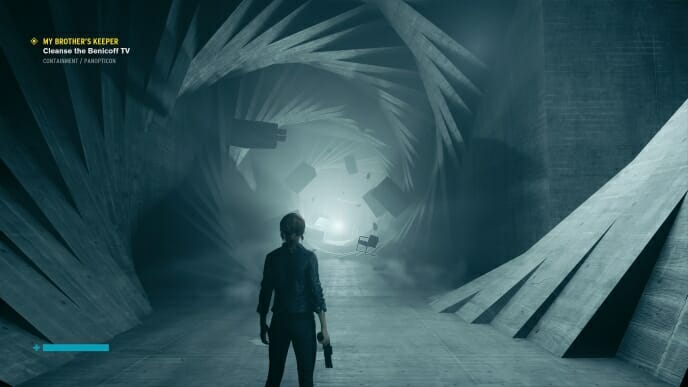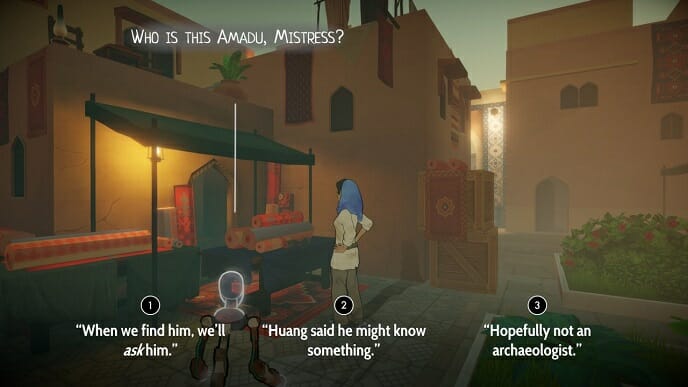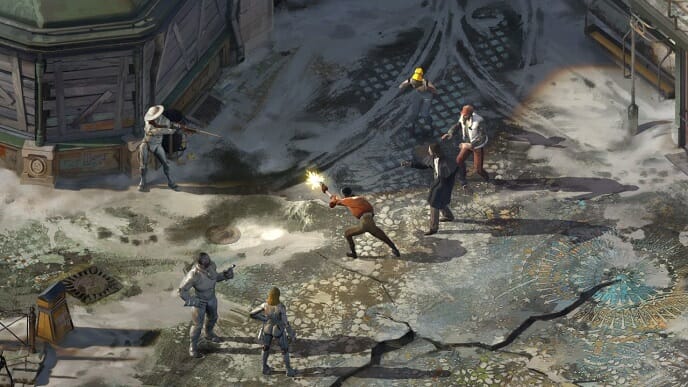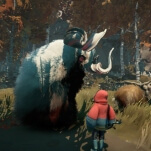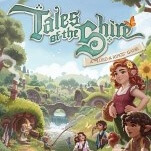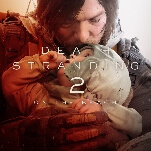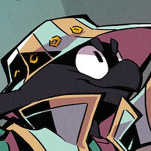Holly Green’s Top 10 Games of 2019
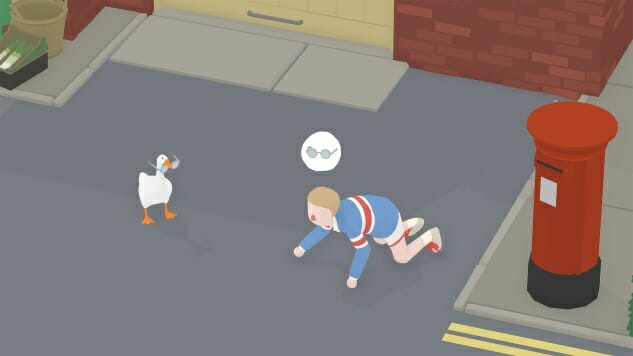
You know it was a good year for videogames when reviewing the past 12 months of releases makes you feel downright spoiled. Not only did 2019 start out strong, with some of my favorite titles coming out earlier in the year, but it also held steady throughout the fall to give us some unexpected contenders—along with a few much anticipated charmers—for one of the busiest but most interesting release periods in years. As the decade closes and I wrap up 10 years in games criticism, it seems fitting that 2019 was the finest year of gaming I’ve experienced yet. From the funny to the frustrating, the simple to the stupendous, here’s what I enjoyed the most in 2019.
What the Golf
Golf is boring. And rich people like it. I honestly don’t know which is worse. But the entire sport gets a sliver of redemption in the title What the Golf, a parody putt putt game that combines absurd physics and pun-inspired courses to actually make golf worth a damn. The challenges of its many trick shots are satisfying, and the constantly changing objectives keep things interesting. But above all, it’s fun, and as far as I’m concerned, that’s all you need to really know when it comes to golf.
Pathologic 2
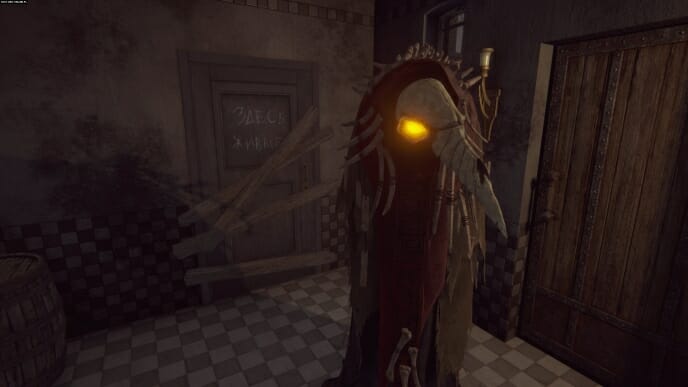
Pathologic 2 is a game so perfect in its weirdness and so committed to its hostility that you can’t help but respect it, even as its design makes it almost unplayable. While the game’s refusal to cater to certain conventions is off putting, it uses the player’s confusion and alienation to its advantage, seasoning the game with strong but deliciously bizarre writing that has the lucidity of a dream. It’s the type of game worth suffering through, and I mean that as a compliment. Pathologic 2 isn’t fun, but some games shouldn’t be.
Neo Cab
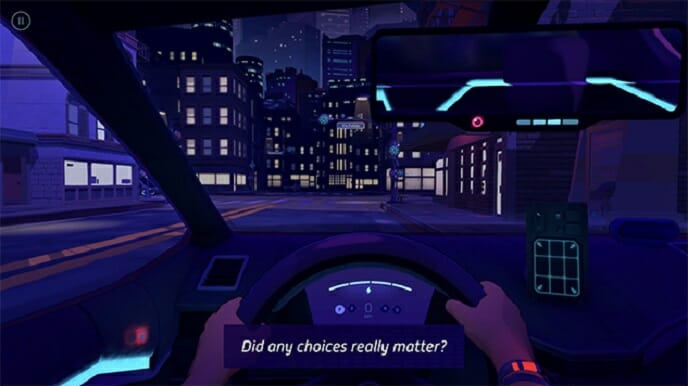
What strikes me about Neo Cab is the thoroughness of its social commentary. Every implication of the world its designers have built has been thought all the way through. The result is a humanizing and profound comment on the intersection of tech startup culture and capitalism, and its impact on those trapped in the gig economy. I laughed and cried through Lina’s interactions with her riders, each displaying a remarkable intuition for authentic dialogue between persons of differing perspectives and social identities. Until Neo Cab, I’d never played a game that featured such honest and sympathetic conversations between female characters, and throughout its story, I felt so many of my own frustrations with job insecurity and social media playing out on the screen. Neo Cab makes me feel seen in a way that few games do and I cherish it for that.
Mutazione
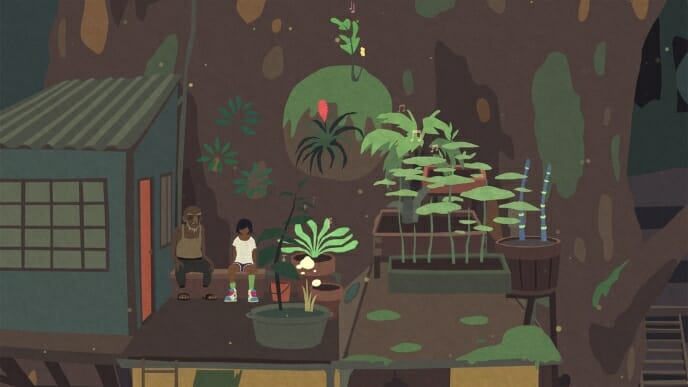
Mutazione tackles several topics in the course of its five-hour experience, particularly the themes of traditional healing, outside interference and the perils of harboring a savior complex. Kai’s grandfather, while well-intentioned, triggers a chain of events that leads to tragedy, disrupting the emotional and spiritual health of the village. His intrusion is reflected in the slow but devastating disruption to the local ecosystem, a slow decay that isn’t addressed until his illness nearly leaves the town without a healer at all. It is only after Kai surrenders to the traditional wisdom of the elders that order and health are restored. Her grandfather’s method of teaching forces her to figure out the basics on her own, gifting her with an intuition that can only be learned through the trial and error process of hands-on work. In that way, the game is also a metaphor for her growth into adulthood.
-

-

-

-

-

-

-

-

-

-

-

-

-

-

-

-

-

-

-

-

-

-

-

-

-

-

-

-

-

-

-

-

-

-

-

-

-

-

-

-


